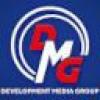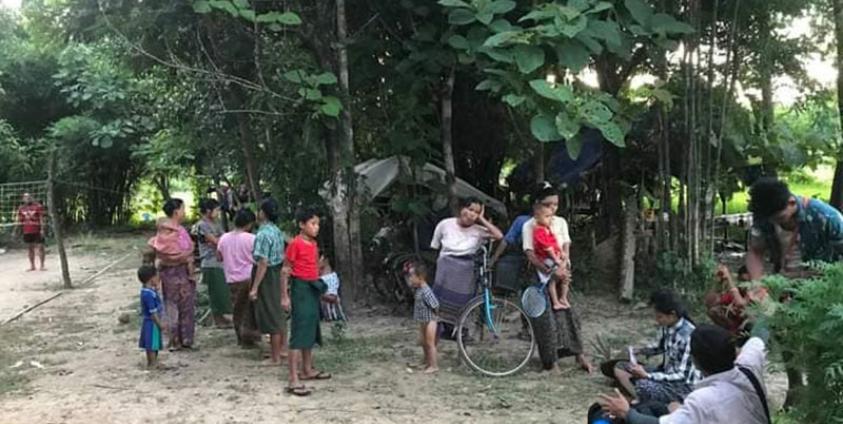Internally displaced people (IDPs) in Bago Region’s Kyaukkyi and Mone townships are in urgent need of medicine as the number of people in poor health is increasing during the rainy season, according to Karen civil society organisations.
Because it is the rainy season, seasonal flu, malaria, and diarrhoea are common among IDPs, and elderly people suffering from chronic diseases, as well as pregnant women and children, are in need of medicine, according to healthcare workers.
“IDPs are in need of medicine. Malaria is the main disease among the IDPs. We need medicine for dengue fever and stomach-related diseases,” a health worker added.
More than 60,000 people have fled their homes due to fighting that started in July in Kyaukkyi and Mone townships, an area controlled by Brigade 3 of the Karen National Liberation Army (KNLA).

The Karen Youth Organization (KYO), Karen Women’s Organization (KWO) and relevant healthcare groups have provided healthcare to the displaced people, but it is not enough, said a Karen civil society member.
“Karen civil society organisations [CSOs], in cooperation with the KNU’s health teams, are providing healthcare services to the IDPs. But we still need medicine,” he added.
Karen CSOs and KNU health teams provided healthcare services to the displaced people in Kyaukkyi and Mone townships on September 6, according to Karen CSOs.
Officials from the KYO said they are facing difficulties such as travel restrictions and interrogations when travelling to provide healthcare for the displaced people.
“Sometimes, we encounter fighting between the military and KNU while providing healthcare services to the IDPs. The military has used heavy weapons and launched airstrikes on the displaced people intentionally. We have to furnish the IDPs with healthcare services depending on the stability in the area,” said an official from the KYO.
About 62,000 local people in Kyaukkyi and Mone townships were displaced by fighting between the military and a coalition led by the KNLA from July through the first week of September, according to a statement released by the Karen Human Rights Group (KHRG).








